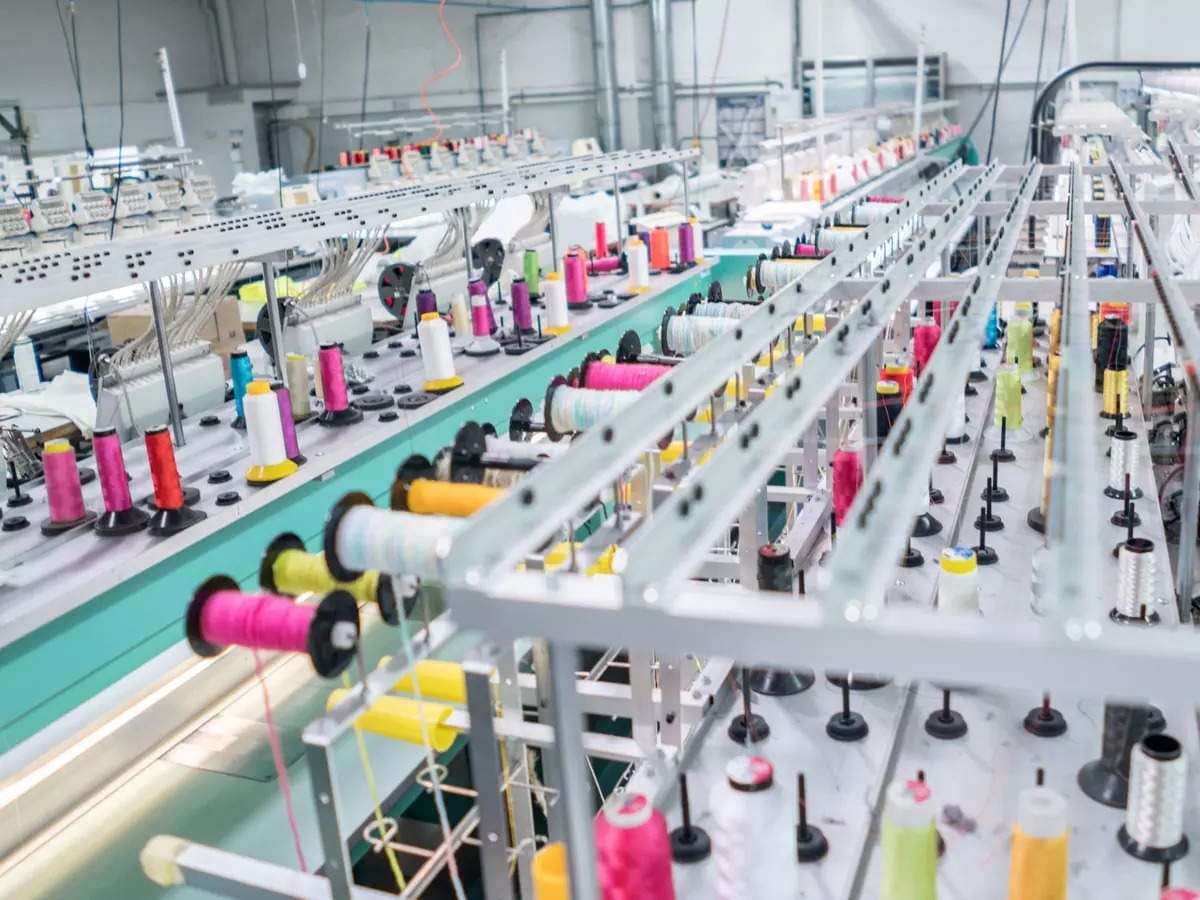Major textile bodies have predicted that the budget will give a remarkable rise in the industry. This will aim to build a strong and stable government.
The “Saptarishi” mentioned in the budget will shoot up the economic growth. The budget is highly appreciated for the infrastructure growth as it would reduce the cost of logistics. The focus is on developing the green growth.
The Amended Technology Upgradation Fund (ATUF) has an increased allocation of Rs.900 crore in comparison to last year’s allocation of Rs.600 crore. The increase in the allocation would help in clearing the ATUF pending claims to a larger extend. As there is no scope of ATUF as of now, the ATUF funds won’t be announced now. The ATUF funds are expected to release in the near future.
The main focus is on increasing the Extra Long Staple (ELS) that will help in enhancing the yield to a larger extend and the manufacturing of the value added garments and reduce the import of the ELS cotton to a great extend. The extension will be an infusion of collateral loans of Rs.2 lakh crore to the MSMEs (which will be effective from April 1,2023)and the allocation of Rs.9,000 crore.
In a conversation with Ravi Sam, Chairman, Southern India Mills Association, he (Ravi Sam) appreciated the growth in skill development that would majorly helping the intensive textile growth industry. He (Ravi Sam) was also seen thanking the government for giving an approval to the proposal submitted by SIMA, followed by announcing a scheme to increase the production of ELS (Extra Long Staple Cotton).
The industry is highly dependent on the ELS and its requirements. The amount of ELS required is around 20 lakh bales. Whereas, the country produces only 5 lakh bales. This makes the industry highly dependent on the quality of the ELS cotton. This would be an initiative towards the Aatmanirbhar Bharat. This initiative will benefit the whole industry(which also includes the cotton farmers). This has set up an agricultural accelerator which encourages young entrepreneurs especially in the rural areas.
The initiative will bring the best of ideas for affordable solutions and modern technologies which will help in transforming agricultural practices. This will increase productivity, workforce will increased and quick production of smart textiles

